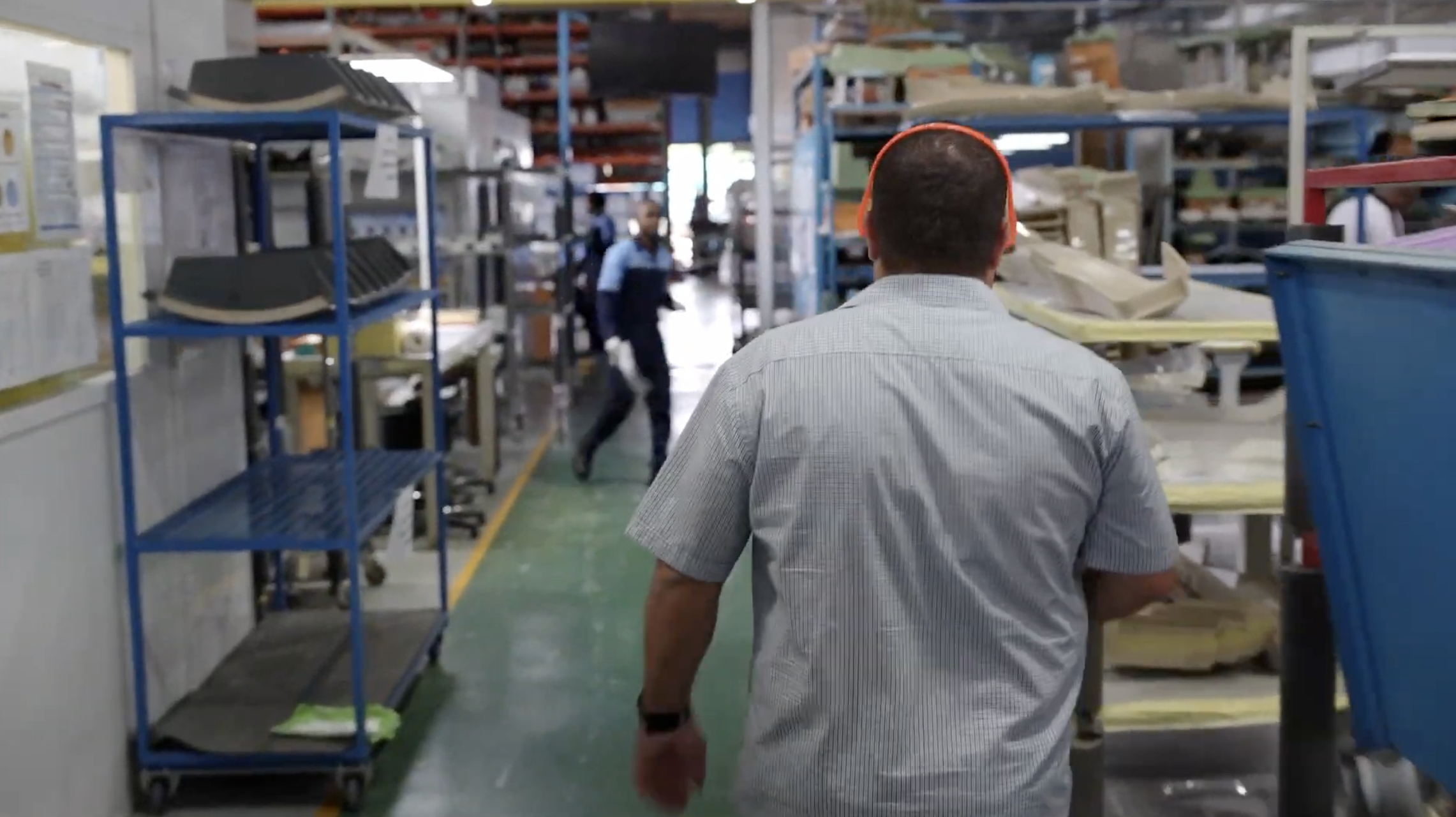Client : AEROSUD
Location : South Africa
Category : Aeronautical
Requirements
The Organisation
Aerosud is a group of companies with Aerosud Holdings as the parent company. The group is a South African aeronautical engineering and manufacturing company.
The Problem: A need for change
Aerosud Aviation, based in Pretoria, South Africa were delighted to win the coveted National Business Award for the ‘Manufacturer of the Year’ in December 2016. Aerosud management were mature enough to recognize, however, a continuing, critical business constraint in the ability of their people, right across the business, to collaborate effectively – they saw that their culture needed work. They wanted to change their culture from one of blame, poor communication, divergent goals and poor team problem-solving, to a culture of mutual trust and respect, of shared goals, team problem-solving and synergy that would support productivity, long-term business sustainability and fulfillment for everyone involved.
The first stage solution… and a new crisis
- Management Team leaders made a commitment to explore GRID as a development methodology and completed a workshop to define the desired, Ideal Culture for the organization,which would provide a clear direction for needed behavioural change. The desired culture was the “interdependent” culture.
- A wider organizational culture assessment followed, comprising a “diagonal slice” slice through the organization, in order to gain a more comprehensive and accurate picture of the existing culture and its impact on the business. The culture survey provided the deeper evidence and motivation needed for a Culture Change decision, so that Aerosud could achieve its ambitious business goals, but in an “interdependent” way.
- Unexpected external factors and market conditions, however, forced a quick pivot by the company in the direction of rationalization and retrenchment. Company management now needed to deliver a highly demanding, emotionally challenging and sustainable series of reductions to employee numbers, while espousing the benefits of a sound, interdependent culture for the organization
The second stage solution… a commitment to transparency
- Again, working with the Management Team, a principled approach was designed to effect the required transition and to manage the roll out in a way that would support business survival while respecting company employees i.e. working towards the future in an interdependent way.
- Knowing recent events had already created an unsettled workforce, the facts of “what happened” along with Next Steps were transparently shared with employees via facilitated workshops and regular company feedback sessions. The process provided all company employees the freedom to express views, concerns, emotions and fears while preparing for an uncertain future. Management and employees were all “on the same page”.
- In an effort to maximize business potential while retaining as many employees as possible, Strategic restructuring of complete business units was implemented along with delivery of significant environmental adjustments, as part of the Change Approach.
Requirements

Requirements
The Results
- Despite the massive cultural disruption of retrenchment and restructuring, a second Survey in 2018 highlights a more than double increase (17% to 40%) in Interdependent behaviours across the business in less than two years.
- The Management Team continue to measure their culture performance as a “work in progress” on a monthly basis. These measures are built into the overall performance criteria (KPIs) for the business as the journey towards an Interdependent culture at Aerosud continues.






